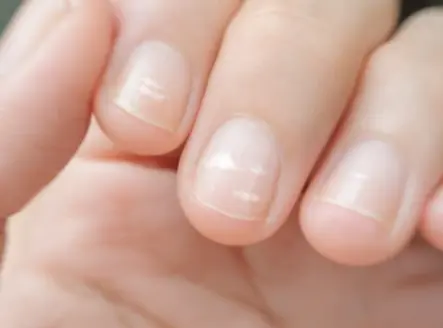 Welcome
Welcome
“May all be happy, may all be healed, may all be at peace and may no one ever suffer."
- A
- B
- C
- D
- E
- F
- G
- H
- I
- J
- K
- L
- M
- N
- O
- P
- Q
- R
- S
- T
- U
- V
- W
- X
- Y
- Z
Erosive oesophagitis - Generics
Erosive esophagitis is a medical condition in which the lining of the esophagus, the tube that connects the throat to the stomach, becomes inflamed and damaged. The inflammation is typically caused by the backflow of stomach acid into the esophagus, a condition known as gastroesophageal reflux disease (GERD).
Symptoms of erosive esophagitis may include heartburn, difficulty swallowing, chest pain, and regurgitation of food or stomach acid. In severe cases, the inflammation can lead to bleeding, scarring, and narrowing of the esophagus, which can cause difficulty swallowing and increase the risk of choking.
Treatment for erosive esophagitis typically involves lifestyle modifications, such as avoiding trigger foods and eating smaller meals more frequently, as well as medications to reduce acid production in the stomach. Proton pump inhibitors (PPIs) and H2 blockers are commonly used to treat GERD and reduce the risk of inflammation in the esophagus.
In some cases, surgical intervention may be required to treat severe erosive esophagitis that does not respond to other treatments. The goal of treatment is to reduce inflammation, relieve symptoms, and prevent complications such as bleeding or scarring.
Prevention of erosive esophagitis involves avoiding triggers that can cause GERD, such as fatty or spicy foods, alcohol, caffeine, and tobacco. Maintaining a healthy weight, avoiding tight-fitting clothing, and avoiding lying down for several hours after eating can also help to reduce the risk of GERD and erosive esophagitis.

Severe hemorrhage

Bodyache

Parenteral fat emulsions

Nail infections

Sympathetic nerve block

Allergic conjunctivitis

Corticosteroid-responsive...

Nocturia
Erosive oesophagitis, এরোসিভ ওসোফ্যাগাইটিস
To be happy, beautiful, healthy, wealthy, hale and long-lived stay with DM3S.